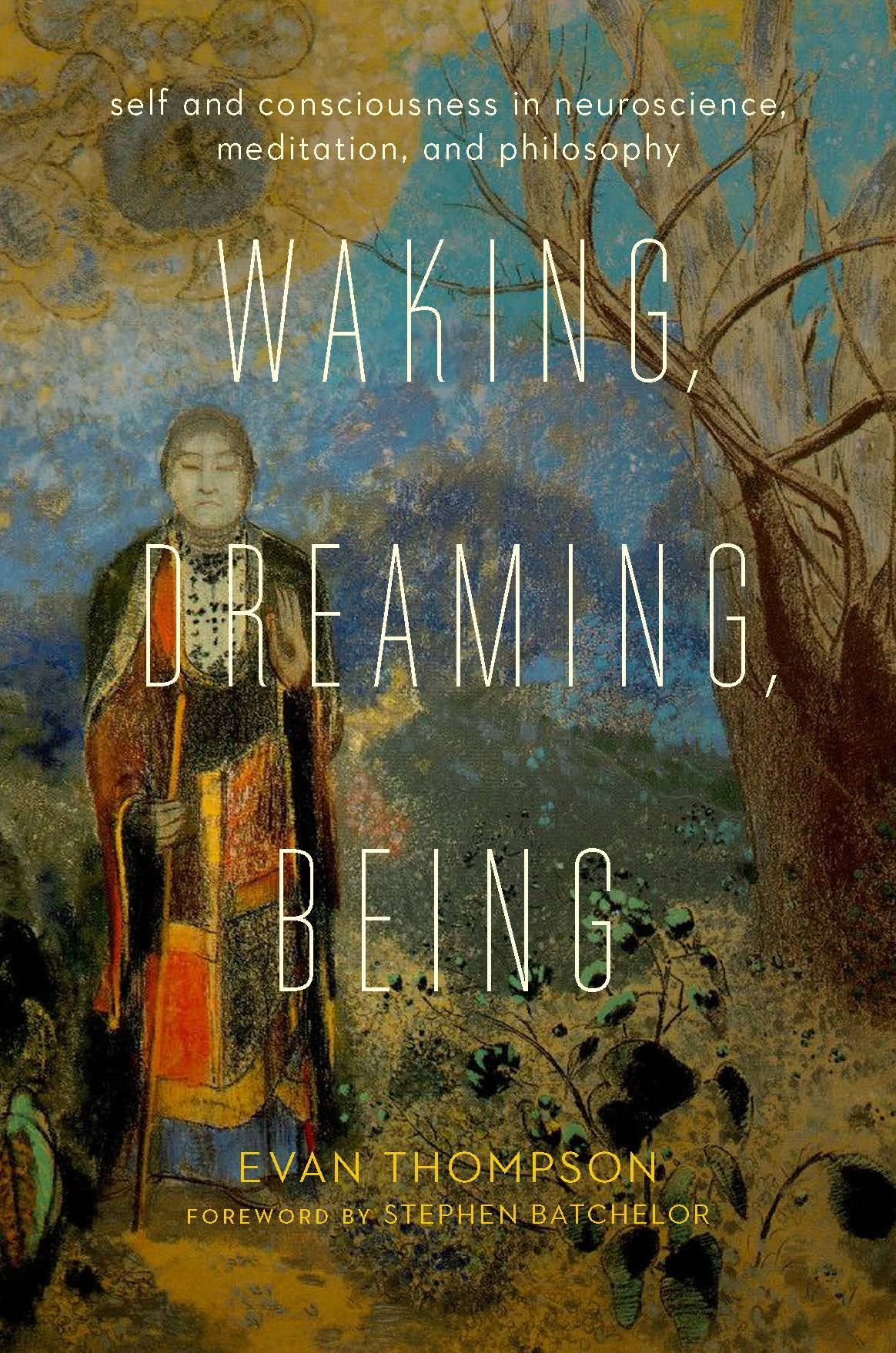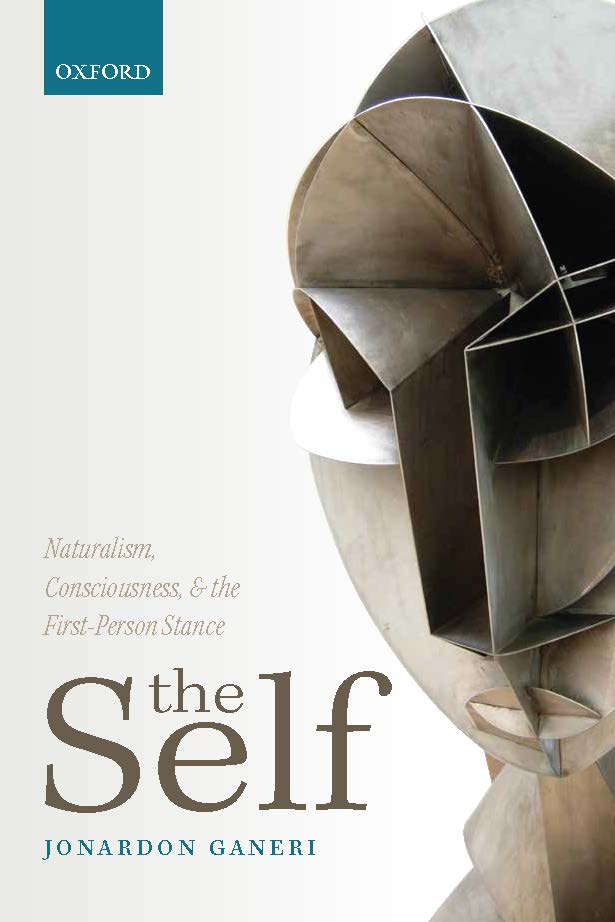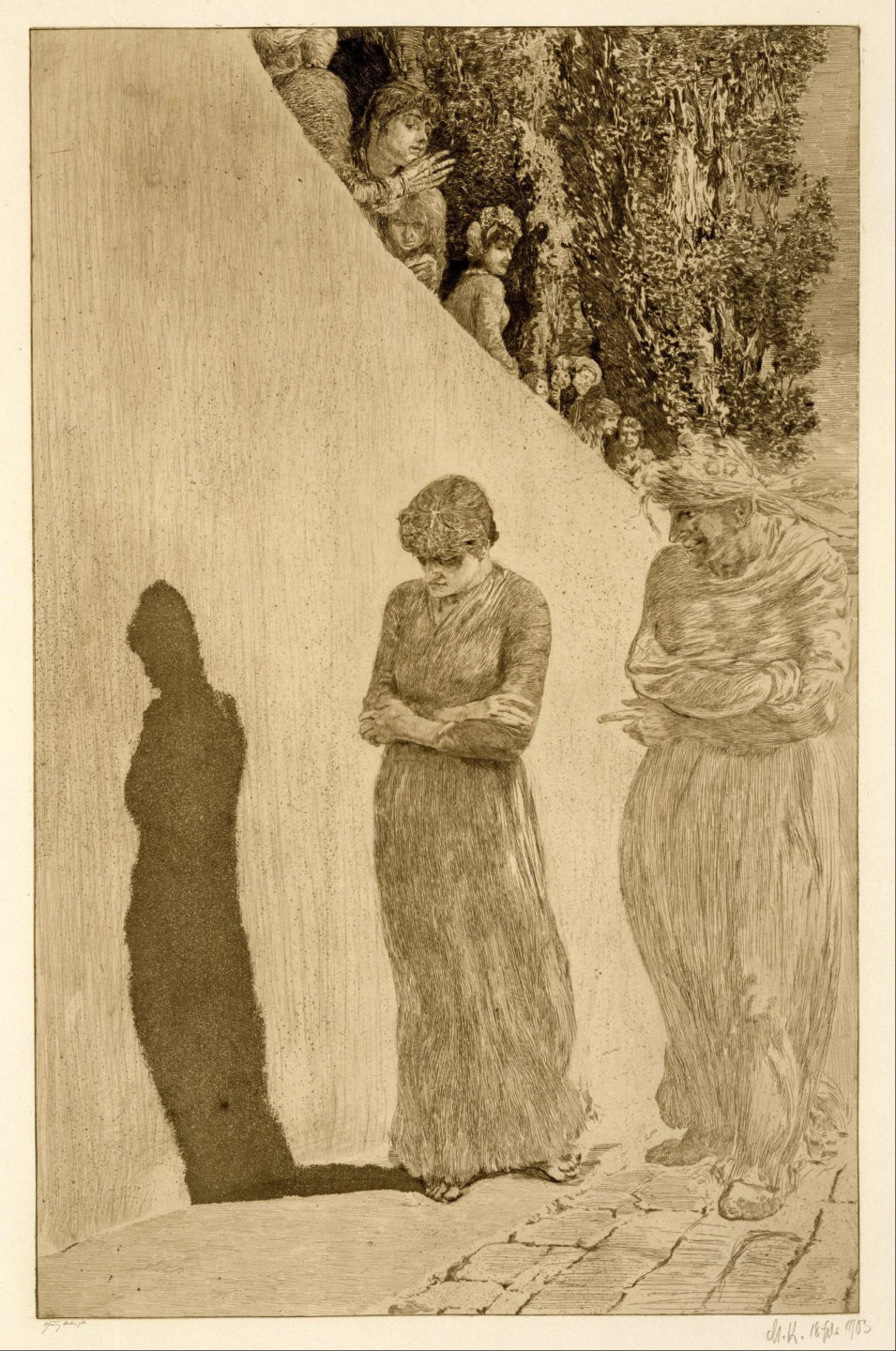Lucid Dreaming or Dreaming That You’re Dreaming?
Why isn’t a lucid dream just a dream within a dream? Suppose I’m having a flying dream and I think, “I must be dreaming.” I’m in a dream state, so why I am not just dreaming that I’m dreaming? To put the question another way, if there’s a difference between …







